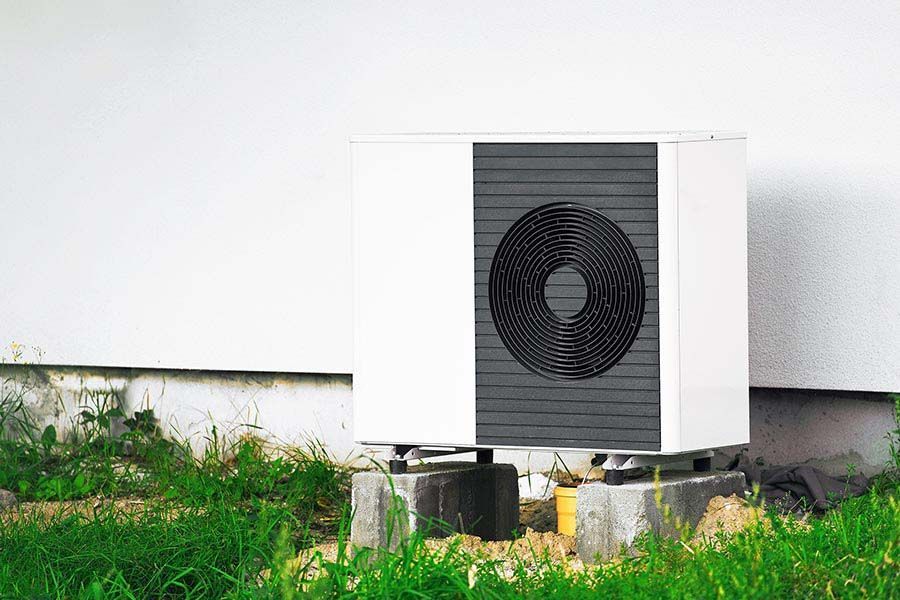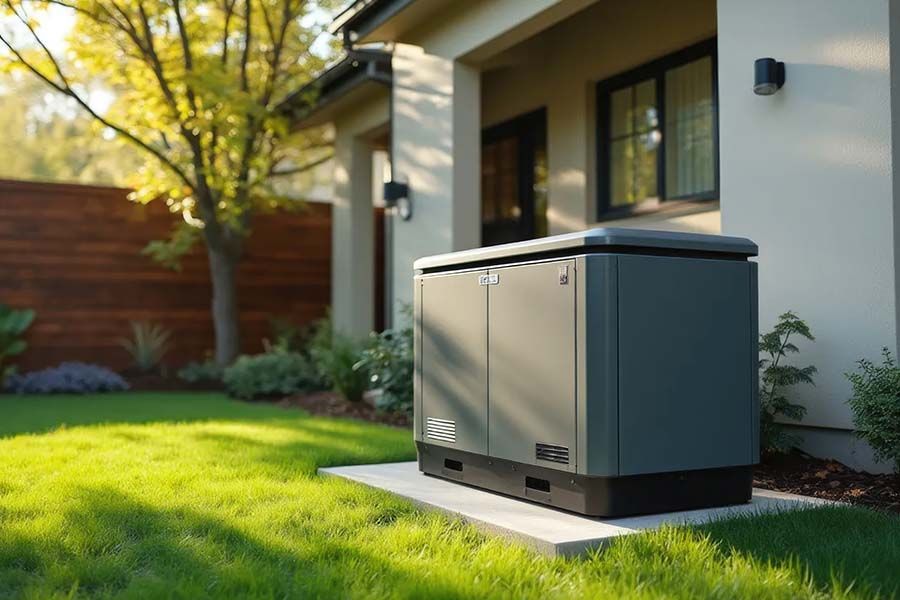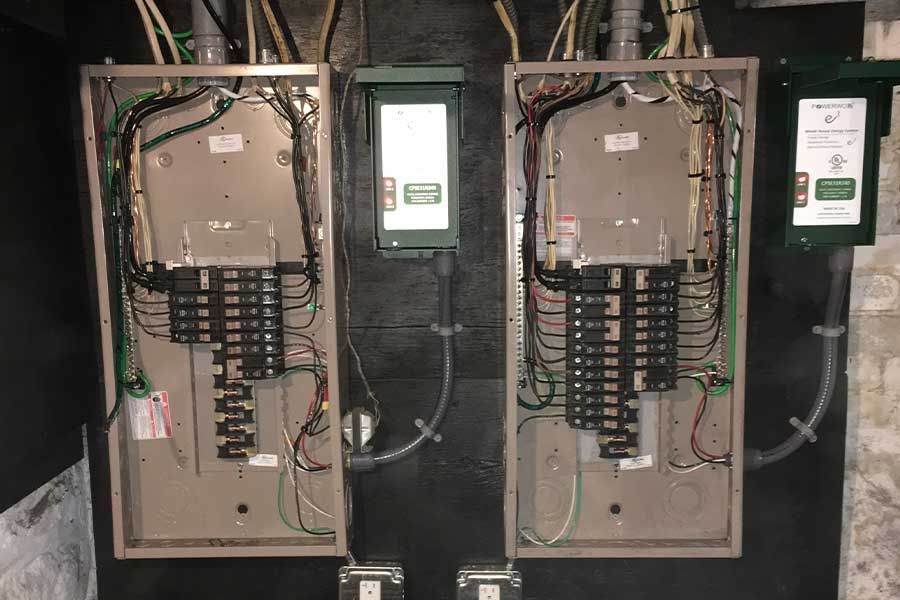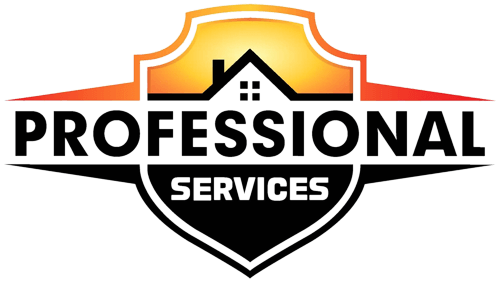How to Improve Indoor Air Quality In Winter
Once winter arrives, we tend to focus on ways to keep warm. Few of us consider the quality of the air we breathe and the impact it can have on our health.
Whether at home or in the workplace, HVAC systems reduce outdoor ventilation to maintain heat inside. Unfortunately, this means indoor air pollutants can circulate and cause health issues.
To help prepare for a healthier winter season, Port Washington's indoor air quality experts here at Professional Services explain how to improve indoor air quality in winter in seven steps.
1. Replace Air Filters
Your first line of defense against airborne contaminants starts with clean air filters. Air filters trap common household pathogens like mold spores and pet dander and prevent bacteria and viral particles from entering your home or workplace through the HVAC system.
If you don’t remember the last time you changed your air filters, now might be a good time to start. We suggest replacing most household air filters every six to nine months, but if you have pets, smokers, or people with allergies in the house, a more frequent schedule can help improve indoor air quality.
For cleaner air in the workplace, contact Professional Services about HVAC filter replacement for your office building or company site. We offer free estimates as well as financing.
2. Use Air Purifiers
Air purifiers remove contaminants from the air and circulate clean air back into your air supply. This makes them a great way to improve indoor air quality in winter for your home or business. Because of their portability, you can place air purifiers throughout your home or workplace or install one inside your air ducts to purify the air at the source.
For larger commercial settings, upgrade air purifiers with carbon filters. Carbon filters eliminate gas, odors, and chemicals that regular filters can’t.
3. Humidify Your Air
Cold weather contributes to dryness because of the lack of humidity in the air. Left unbalanced, low humidity promotes the growth of mold and mildew in your HVAC system. By adding a humidifier to your space, you can increase the amount of moisture content in the air you breathe while indoors. This can help prevent illnesses related to dry throats and nasal passages.
You can buy standalone humidifiers or choose a whole-home, commercial-grade humidifier for your residential or commercial property. Contact us about installing a whole-home humidifier inside your HVAC system to deliver moisturized, breathable air year-round.
4. Inspect Air Ducts
Air ducts accumulate dirt and debris faster than you think. They can be home to household pests carrying germs and bacteria as well. These harmful toxins can pass into your air supply and cause health issues for anyone inside your home or commercial building.
If not properly installed, poorly sealed air ducts can also cost you a fortune in wasted energy, especially during the winter when your run your heating unit most often. If you're wondering how to improve indoor air quality in winter, keeping your air ducts clean and properly sealed is a good first step.
If you smell a bad odor or hear scratching coming from your vents, you may have a mildew or rodent problem. Professional Services offers cleaning services and full installations for ductwork in both commercial and residential settings.
5. Perform Routine Cleaning
Don’t wait for spring cleaning to decontaminate your home or workplace. Frequent vacuuming of floors and furniture helps remove natural pollutants like dust, pollen, and pet dander that have settled over time. Neglecting cleaning for too long gives dust particles a chance to become resuspended in the air and spread throughout the building when your furnace turns on.
When cleaning your home, consider using non-toxic solvents and cleaning agents. Eco-friendly products still work effectively. Avoid bleach when cleaning surfaces and countertops or while mopping tile or hardwood floors.
If you need to use certain chemical cleaners in a commercial environment, be sure to keep the area well ventilated while you work. Proper ventilation eliminates fumes and noxious chemicals from lingering in your air supply.
6. Reduce Sources of Indoor Air Pollution
Removing sources of indoor air pollution is another great way to improve indoor air quality in winter. Household products with toxic chemicals should be the first to go. Consider using natural or organic brands for your cleaning supplies instead. Store products like paint and paint thinners outside if possible. Always make sure to seal them correctly as well.
You may not know it, but new furniture and other home furnishings may contain chemical sources of indoor air pollution. Check the labels around your home for pollutants like polychlorinated biphenyl, polyurethane, and formaldehyde.
Seal and store any building materials containing formaldehyde or asbestos. Asbestos is one of the most dangerous causes of poor indoor air quality. Unless qualified to work with asbestos, do not handle it or attempt to remove it yourself. If you find asbestos in your home, contact a specialized service to help.
7. Control Gas Emissions
In both commercial and residential environments, gas emissions can affect the quality of the air you breathe.
Certain appliances emit carbon monoxide, like:
- Gas heaters
- Wood stoves
- Some clothing dryers
You may want to consider upgrading these appliances to prevent indoor air pollution. Keep tabs on the air quality in your home with a carbon monoxide detector. If you have one installed already, replace the batteries if necessary.
Schedule routine maintenance with a qualified HVAC company like Professional Services to keep your equipment running smoothly. Older equipment can be a prime source of indoor air pollution.
How Professional Services Can Help
As a qualified HVAC service with 30 years of experience, Professional Services offers the best care and maintenance for your residential or commercial HVAC needs. We dedicate ourselves to the health, safety, and comfort of your home or workplace.
When you need to know the
causes of poor indoor air quality
or how to improve indoor air quality in winter, call our Professional Services team. To request service in Ozaukee and Washington counties, WI, submit a service request online or call us at
262-214-5548.
You might also like
